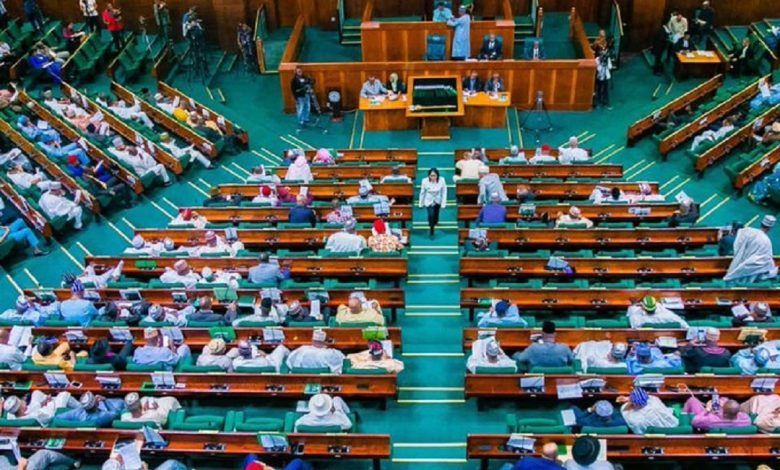
The House of Representatives kicked off discussions on Wednesday regarding the four tax reform bills that were transmitted by President Bola Tinubu to the National Assembly earlier in 2024. These bills, which have been in the pipeline for several months, are now slated for a second reading, with the aim of overhauling the country’s tax system.
The bills, which were crafted based on the recommendations of the Taiwo Oyedele-led Committee on Fiscal Policy and Tax Reforms, include the Nigeria Tax Bill 2024, the Tax Administration Bill, the Nigeria Revenue Service Establishment Bill, and the Joint Revenue Board Establishment Bill.
Since their introduction, these bills have attracted significant public attention, igniting debates and generating fierce opposition from a variety of stakeholders, including northern governors and opposition politicians, who have strongly called for the bills’ withdrawal from the National Assembly. Despite the criticisms, several lawmakers expressed their support during the plenary on Wednesday.
One of the key concerns raised by lawmakers was the potential conflict between some provisions in the bills and the 1999 constitution. Lawmaker Sada Soli, for instance, pointed out that certain sections, particularly the issue of derivation, lacked clarity and could lead to ambiguity. He urged the committee responsible for reviewing the bills to address these potential legal challenges before they are passed into law.
Other members of the House also raised issues with the 40 existing acts that the bills propose to amend. There was a call for these amendments to be laid before Parliament for further review to ensure that the changes align with existing legal frameworks. Additionally, the proposed multiple taxation on property transactions, which mandates both buyers and sellers to pay tax, was a topic of contention. Lawmakers expressed concern that this provision could result in unfair tax burdens and called for it to be revisited.
As the debates continue, the future of these tax reforms remains uncertain, with various factions within the National Assembly and across the political landscape weighing in on the potential impact of the new measures. The proposed reforms aim to streamline tax administration and boost revenue generation but have yet to win over all stakeholders. The next steps will include further scrutiny and, possibly, amendments to the bills before they are considered for passage.





